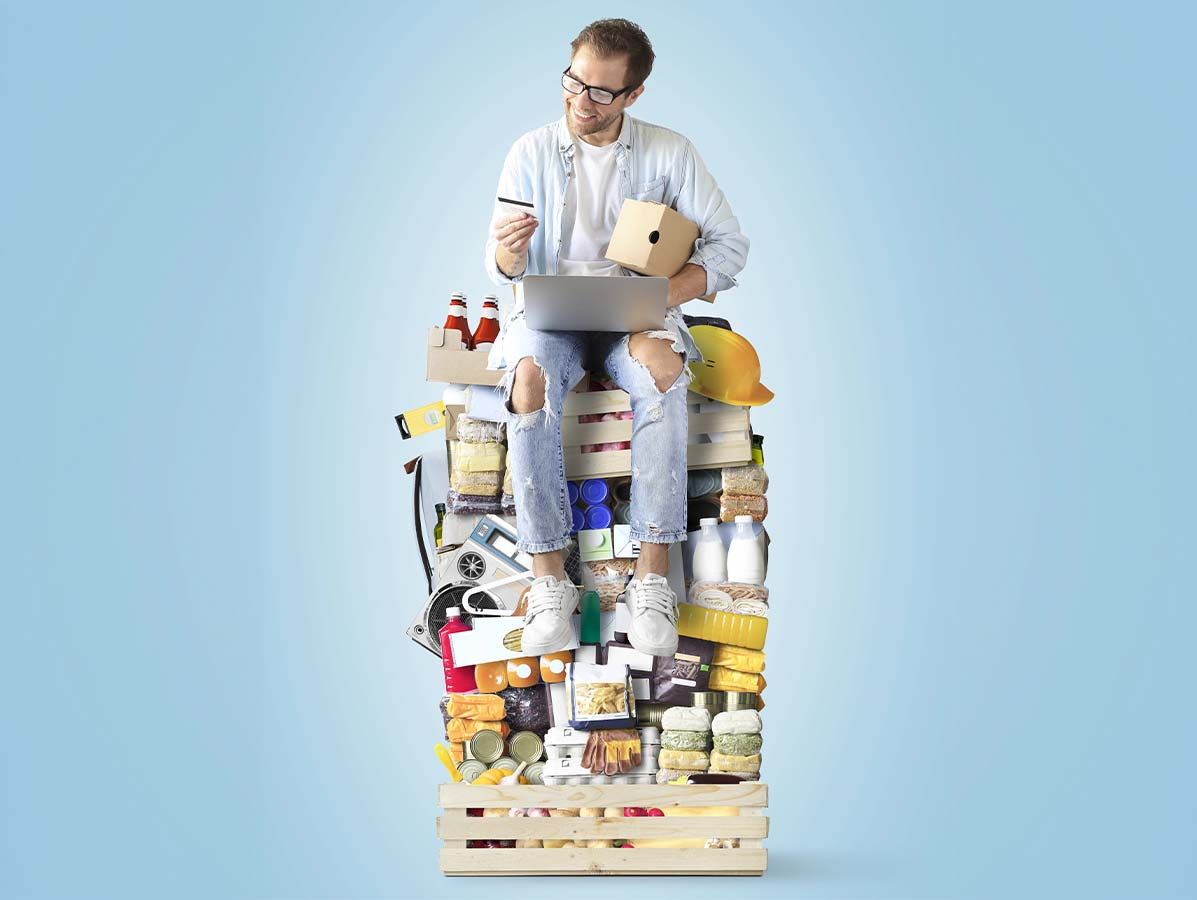
In an era where convenience and exclusivity take center stage, the direct online sale of food products to consumers seems like a promising leap forward. However, recent research by ABN AMRO reveals that, despite growing consumer interest, food producers are lagging behind.
While the delivery from 'factory-to-consumer,' also known as Direct-to-Consumer (D2C), has undergone changes in recent years, the challenge of bypassing supermarkets remains significant. What hinders the success of this strategy, and where do opportunities lie for producers to deliver directly to homes?
Over the past four years, some leading brands have ceased efforts to deliver directly to consumers, while startups have discovered that direct delivery can be a stepping stone to supermarkets. Consumers express a willingness to pay more for exclusive, convenient, or sustainable products from specialized suppliers. This premium allows producers to cover marketing and distribution costs, making direct delivery to consumers financially viable.
Although the D2C market is still limited, it remains attractive for some producers due to the added service, improved customer understanding, and control over the customer experience. Simultaneously, mutual dependence between supermarkets and suppliers is growing, driven by factors such as extreme weather and geopolitical tensions. Supermarkets prioritize delivery reliability and exclusivity, requiring more support from suppliers in terms of innovation and product management.
The report, "Manufacturer Delivers Directly to Consumers, but Not for Revenue," takes a deep dive into this dynamic and emphasizes the necessity for producers to innovate intelligently and collaborate closely with supermarkets. The document provides insights into the challenges and opportunities awaiting the food industry in the ongoing evolution of direct delivery to consumers.
Source: ABN AMRO